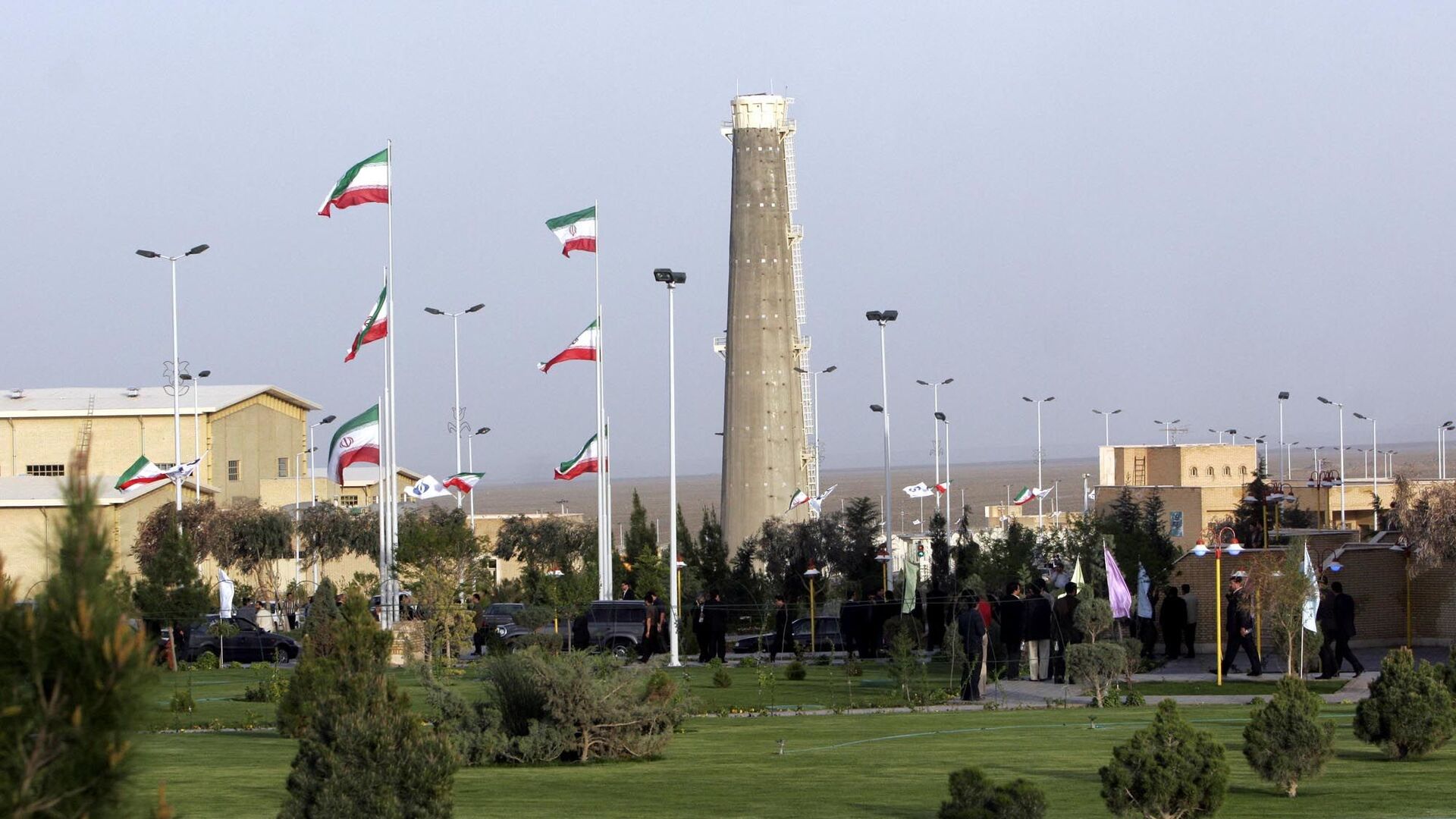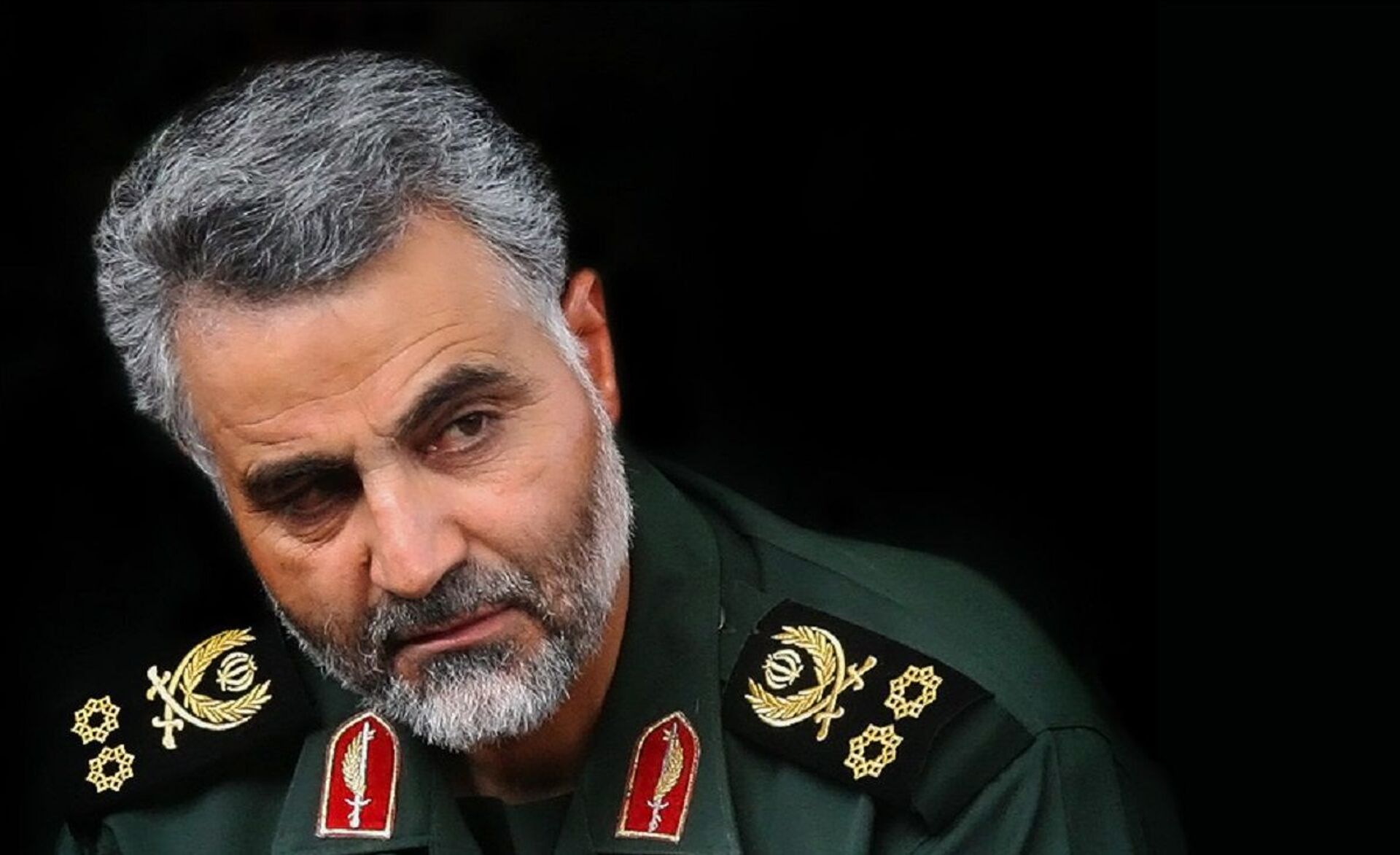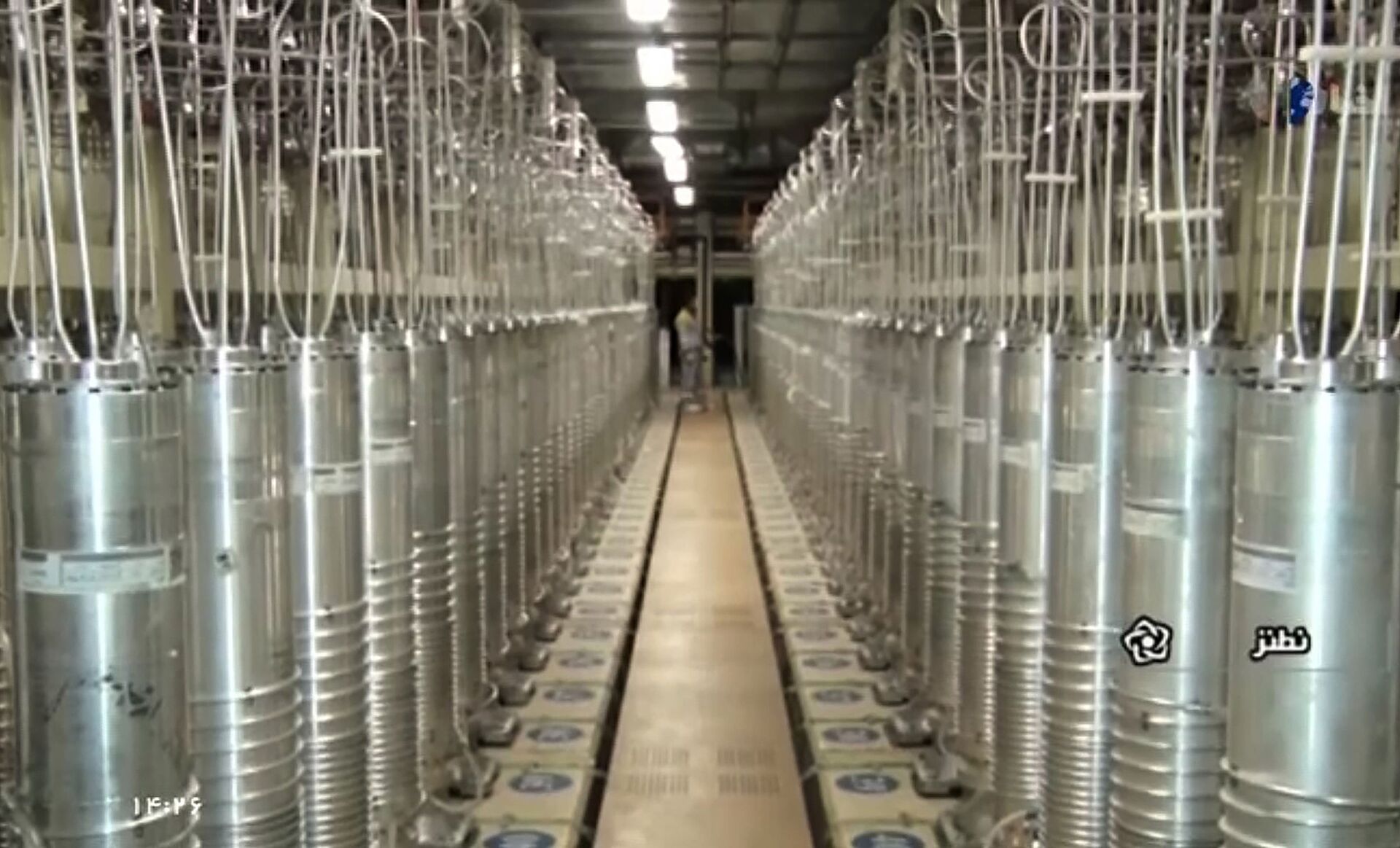Israel Reportedly Gave US Two Hours' of Warning Before Natanz Attack Amid Intel-Sharing Fallout
16:47 GMT 26.08.2021 (Updated: 17:24 GMT 15.01.2023)

© AP Photo / HASAN SARBAKHSHIAN
Subscribe
On 11 April, Iran's uranium enrichment facility in Natanz experienced a power failure with Vice President and Atomic Energy Chief Ali Akbar Salehi describing the incident as "nuclear terrorism" by Israel.
Israel’s new Prime Minister Naftali Bennett is set to meet President Joe Biden in Washington to boost the countries' bilateral relationship, and it's believed intelligence sharing on Iran will be made a priority, reports The New York Times.
Bennett will be hoping to receive confirmation from the Biden administration of continued support for Israel’s covert operations against Iran’s nuclear programme, senior Israeli officials were cited as saying.
The two countries have been pursuing contradictory agendas on Iran, as Biden favours a diplomatic approach centred on reviving the 2015 nuclear agreement, which was unilaterally scrapped by his predecessor Donald Trump. Talks to reinvigorate the accord, underway in Vienna since April, are currently on ice.
Israeli officials, however, have vehemently opposed the Joint Comprehensive Plan of Action (JCPOA), insisting that Tehran is close to developing a nuclear weapon – something that the Islamic republic denies.
The differences over Iran earlier in the year reportedly resulted in a breakdown of previously mutual intelligence sharing between the two states, writes the outlet. Before, Tel Aviv apparently kept the Trump administration in the loop regarding its covert operations focused on Iranian nuclear facilities, as was the case with the assassination of Iran’s chief nuclear scientist, Mohsen Fakhrizadeh, in November 2020.

Qasem Soleimani - commander of Quds Force of Army of the Guardians of the Islamic Revolution (IRGC)
In 2020 the two countries cooperated to wipe out the former head of Iran's Islamic Revolutionary Guard Corps-Quds Force, General Qasem Soleimani, who was killed in a US drone strike at Baghdad International Airport while he was on his way to meet Iraq's prime minister.
However, this April, Israel purportedly gave the United States less than two hours’ warning of its plans to attack Iran’s Natanz nuclear facility. The move is described as reflecting then-Prime Minister Benjamin Netanyahu’s distrust towards the administration of President Biden, which opted to reverse Donald Trump’s policy on Iran. Biden and Netanyahu never met during the five months they were simultaneously in office.
The alleged curtailing of intel sharing by Israel came as a violation of a long-standing, unwritten policy to consult Washington about operations such as the one at Natanz. On 11 April, Iran's uranium enrichment facility in Natanz experienced a power failure, with Vice President and Atomic Energy Chief Ali Akbar Salehi described as "nuclear terrorism" planned by Israel.
Israel didn’t take responsibility for the "remotely detonated device" attack, which western experts said disrupted Iran’s nuclear project by delaying its ability to enrich uranium.
Concern over the ‘Snub’
The short notice Israel’s Mossad spy agency gave US intelligence agencies before the Natanz operation deprived the CIA of sufficient time to respond, according to sources cited by the publication. Israel ostensibly withheld the information from the US because of connection leaks during earlier operations. However, American officials are said to have dismissed these claims. The last-minute warning prompted CIA Director William Burns to contact the then-head of Mossad, Yossi Cohen, to express concern over the perceived snub, The Times reported.

In this image made from April 17, 2021, video released by the Islamic Republic Iran Broadcasting, IRIB, state-run TV, various centrifuge machines line the hall damaged on Sunday, April 11, 2021, at the Natanz Uranium Enrichment Facility, some 200 miles (322 km) south of the capital Tehran, Iran
© AP Photo / IRIB
The Natanz attack came less than a week after the first round of Vienna talks got underway between American and Iranian diplomats to bring Washington back into the fold of the JCPOA deal between Iran and the P5+1 (the five permanent members of the United Nations Security Council – China, France, Russia, the United Kingdom, United States, and Germany).
Today I met with Israel’s Prime Minister @naftalibennett. We discussed the importance of the U.S.-Israel partnership, including America’s commitment to Israel’s security. I look forward to continuing our friendship and working with the Prime Minister and his government. pic.twitter.com/iLoDCArDOa
— Secretary Antony Blinken (@SecBlinken) August 25, 2021
Bennett, who replaced Netanyahu as prime minister in June, ahead of his departure for Washington said he was bringing “a new spirit of cooperation” to the table. At his first official meeting with the US president, Bennett is expected to present him with a plan to contain Iran’s alleged nuclear ambitions that does not involve a revival of the JCPOA, The Times of Israel reported, citing a senior diplomatic source.
“The heart of the diplomatic discussion will deal with Iran,” the source said. "There is no value to returning to the nuclear deal. We inherited an Iran that is working extremely aggressively and is empowering very negative forces in the region."
Ahead of the Thursday meeting between Bennett and Biden, Maj. Gen. Aharon Zeevi Farkash, a former director of Israeli military intelligence, was cited as saying:
“The sharing of intelligence and operational activity between Israel and the United States is one of the most important subjects on the agenda… Israel has developed unique capabilities for intelligence collection in a number of enemy countries, capabilities that the United States was not able to grow on its own and without which its national security would be vulnerable.”



